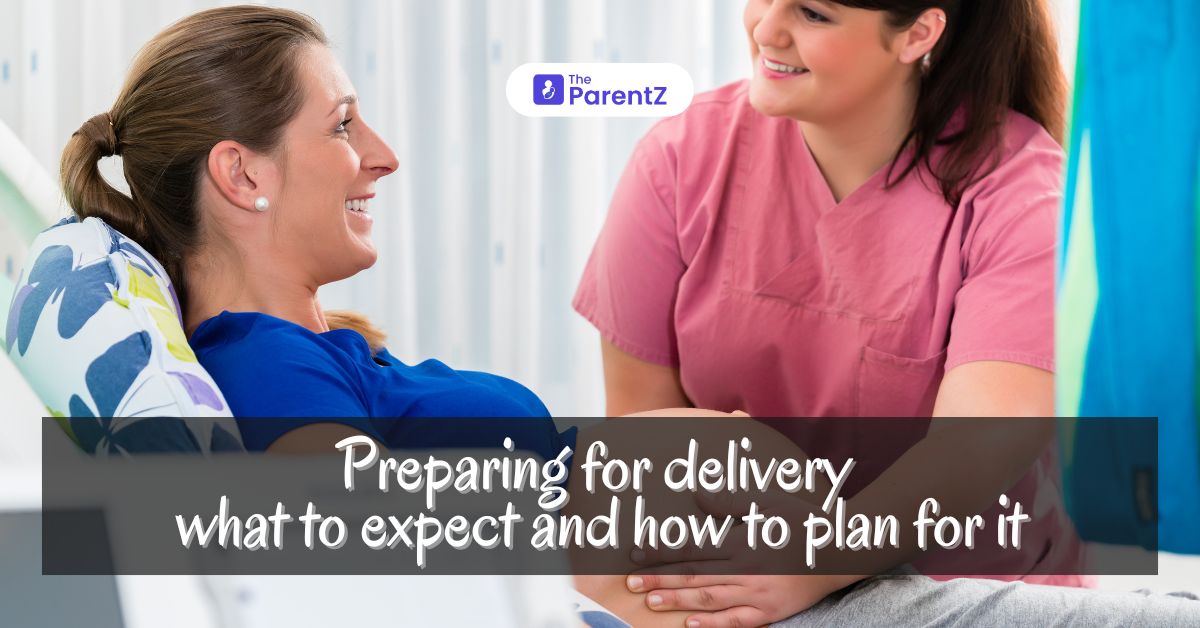While pregnancy is a heartwarming moment for every expecting mother, preparing for delivery can be a bit hectic, especially if you’ve no idea what you could expect from it and how you need to prepare yourself for it.
Read below this ultimate guide to figure out what you can really expect during delivery and how you need to plan for it.
Different Stages of Labor
Pregnancy comes with numerous phases, which are listed below.
Early Labor
It typically begins when the cervix dilates and you start feeling contractions. This phase can last for a few hours or days.
Active Labor
In this phase, the contractions are even stronger yet regular. The stage of active labor lasts for about 4–8 hours, and your cervix dilates about 6–10 cm.
Delivery of the Baby
This second stage is where you push your baby for delivery, and it lasts for about a few minutes or hours.
Delivery of the placenta
Lasting only 5–30 minutes, this is the shortest phase of delivery. It includes the delivery of the placenta after your baby is born.
Preparing yourself for the hospital
It is best to pre-book your slot at the hospital before your arrival. Make sure to pack all your essentials, such as comfortable clothing, baby diapers, toiletries, etc. This will ensure you are already well prepared for the delivery day.
Create a birth plan
This is another important aspect to consider when planning for your delivery. You may want to decide who you want to be present in the delivery room, about the technique preferences you need, immediate postpartum care, or your pain management approach.
The other aspect is to recognize the signs when you need to visit the hospital. This goes on in such a way that you notice regular contractions after every 5 minutes lasting for about 1 minute each for more than an hour. If you notice other signs, such as heavy bleeding, reduced fetal movement, or your water breaking, it’s probably time for delivery.
Postpartum Care
Every woman goes through labor pain in a different way. Therefore, you must seek recommendations from your doctor about pain management options and postpartum care.
To reduce pain, your doctor might recommend epidurals, spinal blocks, and pain-relieving medications, or he may suggest practicing some natural methods, such as water therapy and massage, to reduce labor pain.
Simultaneously, the postpartum phase also comes with pain for most women, which needs to be dealt with uniquely. This includes testing you and your baby for possible infections, breathing, heart rate, and other aspects.





Be the first one to comment on this story.